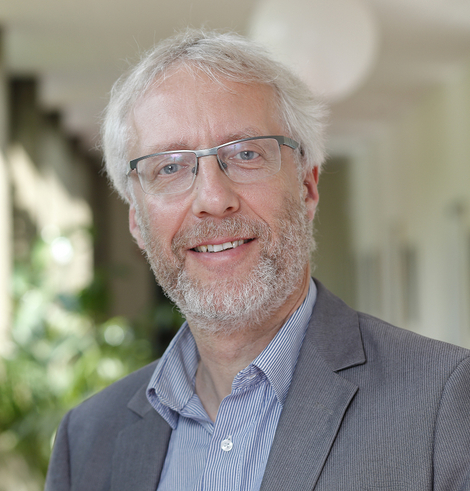In Germany alone, about 62 percent of seniors are being treated for three or more chronic diseases and are thus considered "multimorbid." They are often cared for by different specialists. If treatments are not well-coordinated, this can unsettle patients and lead to undesirable drug interactions and side effects. There are also often technical hurdles and limitations in the exchange of information and data. "Patients with heart failure, in particular, need a treatment for heart, body, and soul like the one we will develop and test in ESCAPE," says Prof. Herrmann-Lingen.
Improving the quality of life through better-tailored treatment
The ESCAPE team will create individualized treatment plans tailored to the needs and preferences of each patient. A customized digital health platform being developed by the Fraunhofer Institute for Applied Information Technology (FIT) will help. The platform and regular telephone support will enable patients and family caregivers to set individual priorities for their treatments to improve their quality of life as much as possible.
"For patients with heart failure, our treatment approach is particularly well suited because it is a serious chronic disease that leads to significant restrictions in everyday life and relatively often also to psychological follow-up problems," explains Prof. Herrmann-Lingen. "At the same time, they have to take several medications regularly and adapt their lifestyle, which is especially difficult if the psychological management of the disease is not going well."
The scientists are comparing the results of the new approach with current patient care. Prof. Herrmann-Lingen is convinced: "The integrated, patient-centered approach, which focuses equally on physical and mental aspects of the disease, will enable more effective and at the same time cost-efficient treatment, leading to a better quality of life for our patients."
ESCAPE stands for "Evaluation of patient-centered biopsychosocial blended collaborative care pathway for the treatment of multimorbid elderly patients." Experts from seven countries have joined forces in the project. They include general practitioners and hospital doctors and experts from the fields of psychology, health economics, and the digitization of healthcare systems, and representatives of patients and family caregivers. The project will run for 4.5 years and is funded with 6.1 million euros by the EU's Horizon 2020 program.
Prof. Herrmann-Lingen is already investigating a similar approach in another study of psychologically stressed patients with chronic coronary heart disease (CHD for short). The national TEACH study was based on an earlier DZHK site project.
Source: Press release of the University Medical Center Göttingen

